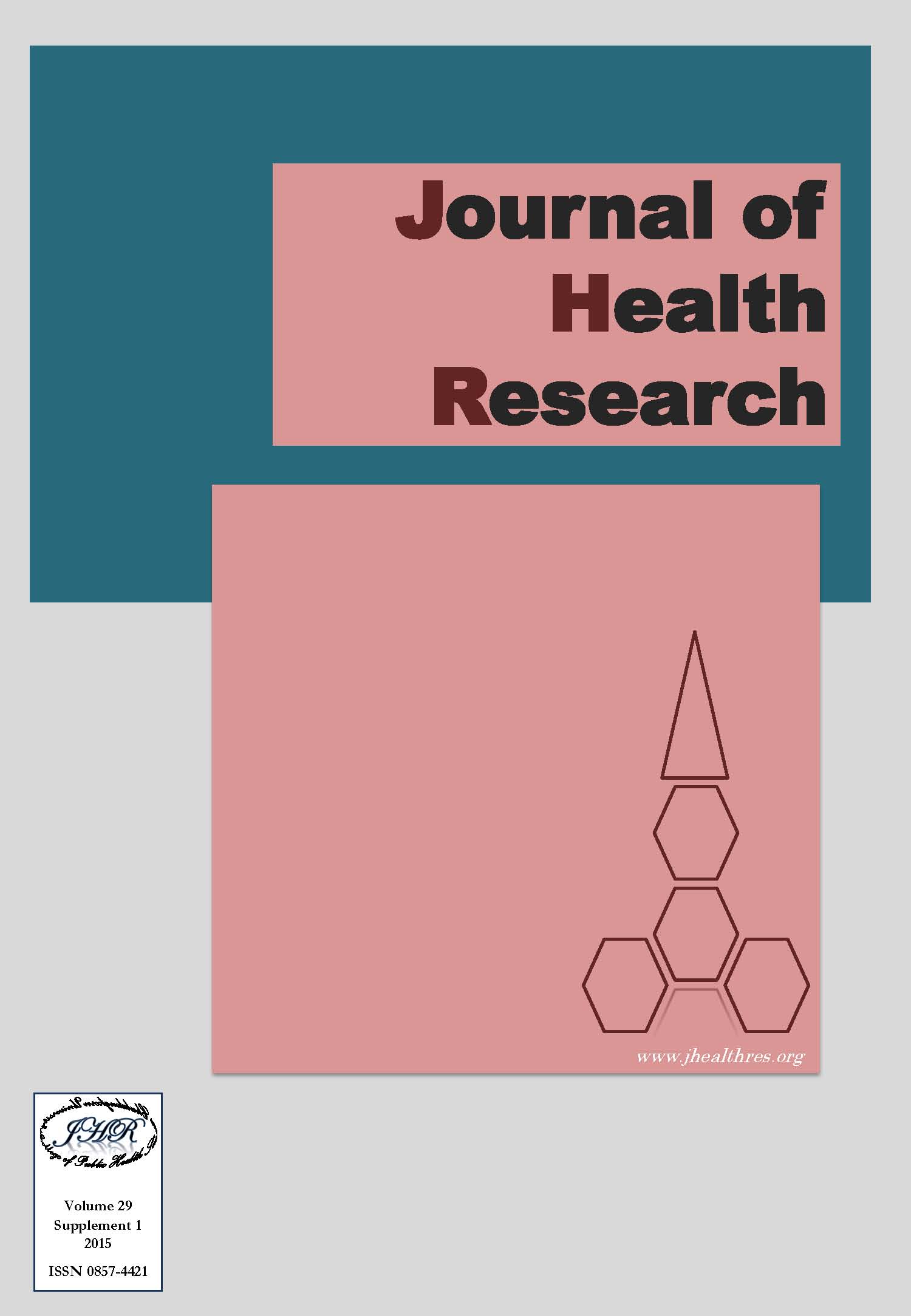Factors Affecting Quality of Life among Family Caregivers of Patients with Schizophrenia in Indonesia
Keywords:
Quality of life, Family caregivers, Schizophrenia, IndonesiaAbstract
Background: Schizophrenia is a severe mental illness that has significant effects for patients and their families. The impact of the illness has forced the family to assume the role of caregiver for their loved one. Since the caregiving activities help the patients functioning stably in the daily life, this situation could bring negative consequences for the quality of life (QoL) of the family caregivers. The study aimed to examine the factors affecting quality of life among family caregivers of patients with schizophrenia in Indonesia.
Methods: A cross-sectional study recruited 137 family caregivers of patients with schizophrenia in a mental hospital in Jakarta, Indonesia. The characteristics of caregiver form, Burden Assessment Schedule, Perceived Control of Symptom Scale, Multidimensional Scale of Perceived Social Support, and Schizophrenia Caregiver Quality of Life were provided based upon the validity and reliability test. A linear regression was performed to determine factors affecting the quality of life.
Results: The study revealed that caregiver burden negatively affected the QoL, though employment status and perceived social support positively affected quality of life among family caregivers taking care patients with schizophrenia in Indonesia, while gender, period of being a caregiver, education, health status, and perceived control of symptoms were not significant factors.
Conclusion: This study suggests that maintaining low caregiver burden, encouraging the caregivers to obtain high social support, and prioritizing the employed caregivers need to be considered for improving the QoL of family caregivers.







